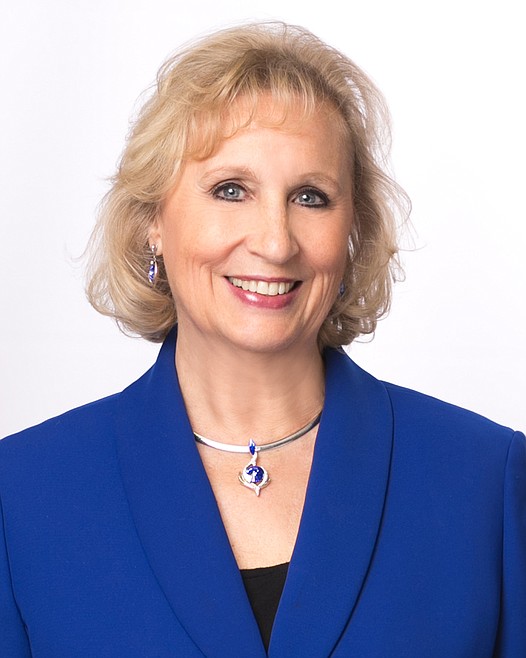ADVERTISING: Advertorial — Life after diagnosis
HOLLY CARLING/Vital Health | Coeur d'Alene Press | UPDATED 1 year AGO
What happens if you or a loved one receives a dreaded or devastating diagnosis? First of all, take a deep breath. Just because it is potentially life-threatening, it doesn’t mean it is for you. I have known many people who were given the worst possible scenario that survived and even thrived! Even if it is something you may succumb to, there are a few things you can do to minimize the impact both emotionally and physically.
Doctors aren’t God. Sometimes they forget that God is more-powerful than they, and than the disease. Just because the “numbers” indicate potential outcome, they are often wrong.
So, what can we do to change the potential outcome? Attitude. An oncologist friend of mine once told me he could predict the patient’s outcome based on their attitude. I have since found that the patients with a positive attitude, willing to do whatever it takes to survive, are more likely to make it. Not always, but the possibility is greater.
Support your body in every way possible. Improve your nutrient density so that your body has everything it needs to heal, to help you stay strong physically and mentally.
Healthy fats are essential. They are needed for tissue healing, immune strength, mental health, receptor site repair, making hormones, and many other important factors. At all costs, avoid hydrogenated/partially hydrogenated, canola, seed, soy, corn, vegetable, and all other potentially harmful oils. Good oils/fats are high grade olive oil, coconut oil, grassfed butter and organic, grassfed lard.
Eat whole foods. Eliminate packaged foods. Eat organic, as much as you can — lots of green leafy and root veggies. Eat lots from the cruciferous family ((broccoli, cauliflower, etc) they are important for liver detoxification and have cancer-protective qualities.
Fresh, tree-ripened fruits are cleansing. Protein is essential for healing. Water is vital. Your body uses a lot of water in the healing process. Drink 50% of your body weight in ounces per day, maximum 100 ounces.
Bone broth is wonderful. Full of pre-digested minerals, fats and protein, it can be consumed as a stand-alone meal, or a nutrient-dense addition to another meal. Salted broth and barley miso soup is nice when queasy. So are fresh green drinks.
Don’t stress over not doing everything “right.” Do the best you can. Stress is a big part of managing your illness and pushing past an awful diagnosis. Don’t let stress kill you, because it can. Chill. Find joyful things to do. Recreate. Relax. Enjoy people. Enjoy life. Don’t let your disease or your diagnosis define you. You are above it. You can heal. You and God are partners and are in control. Determine you will win the battle!
Use acupuncture to help you with your illness and at very least with your symptoms. It is a powerful tool for helping you overcome your health challenges.
Want to hear more from Holly Carling? Check out our podcast. Search for VitalHealth4You on your favorite podcast listening app or go to vitalhealthcda.com/podcasts/.
• • •
Holly Carling is a Doctor of Oriental Medicine, Licensed Acupuncturist, Doctor of Naturopathy, Clinical Nutritionist and Master Herbologist with over four decades of experience. Carling is a “Health Detective.” She looks beyond your symptom picture and investigates WHY you are experiencing your symptoms in the first place.
Carling is currently accepting new patients and offers natural health care services and whole food nutritional supplements in her Coeur d’Alene clinic. Visit Carling’s website at www.vitalhealthcda.com to learn more about Carling, view a list of upcoming health classes and read other informative articles.
Carling can be reached at 208-765-1994 and would be happy to answer any questions regarding this topic.


